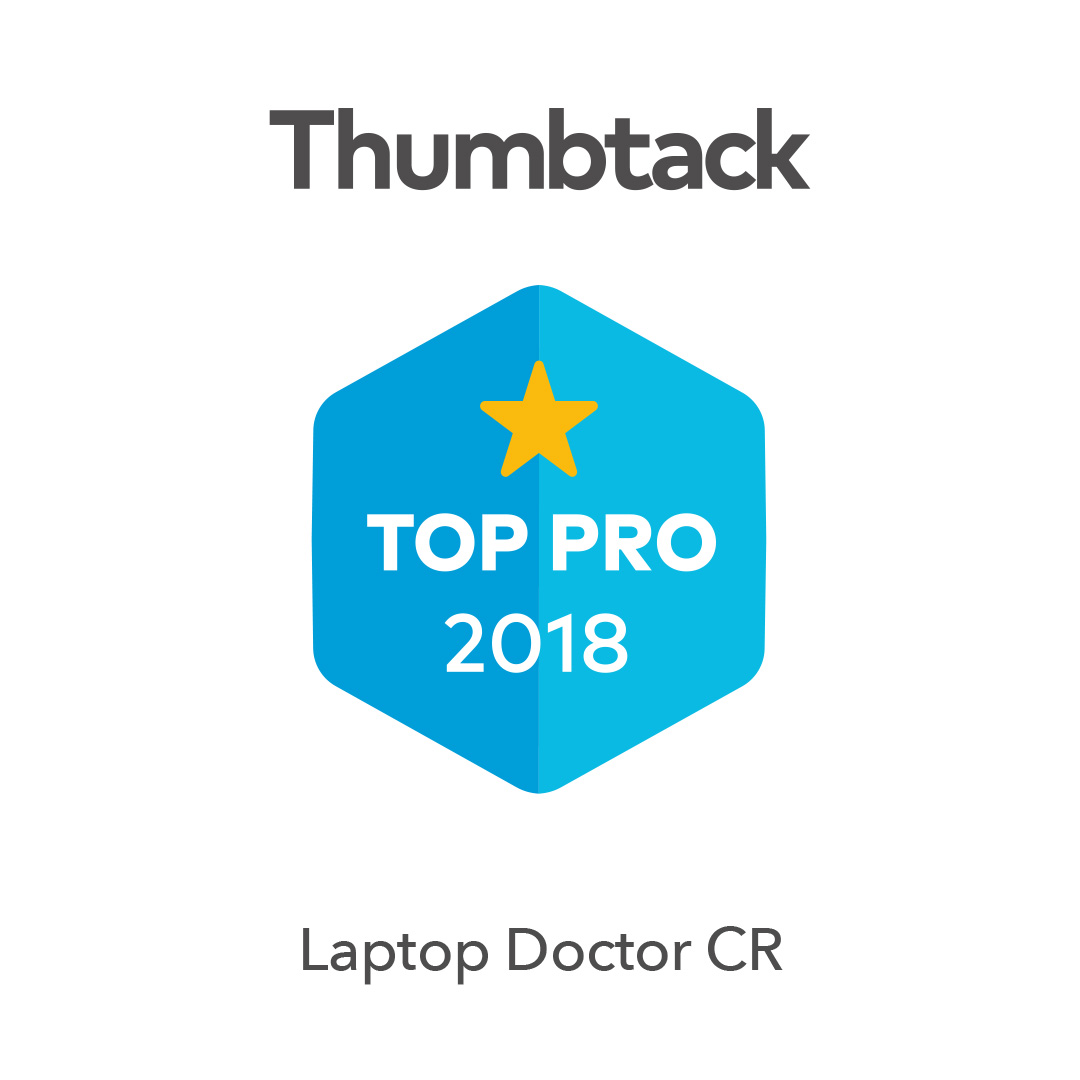Consumer vs Business Laptops

Business Laptops vs. Consumer Laptops
Clients come to me all the time and ask for laptop recommendations. I will tell them 99% of the time. Buy a business grade laptop. Here are the big differences between business and consumer laptops to help you make that important decision.
Business-class laptops offer a range of features and benefits that enable the systems to support any type of business or enterprise user. Yet, they often come with price tags of up to twice as much as consumer laptops with the same basic specs.
“The bottom line is that the little more you’re going to spend on a business laptop will result in a device that’s better quality.”
Here are some key differences between business and consumer laptops:
Durability
Business-class laptops are built to have a longer lifecycle and to be able to withstand more rugged daily use than consumer laptops. Business laptops are made with reinforced structure and with stronger materials, compared to plastic or aluminum materials used to build consumer-class laptop chassis. Hinges on business laptops are enhanced for durability, and the infrastructure is built for shock absorption as well as drop and spill protection. In comparison, consumer laptops typically have standard hinges and standard chassis.
While consumer laptops usually come equipped with a standard keyboard, business-class laptops may offer a spill-resistant keyboard— which is designed to protect the data on the system in the event of a spill directly onto the keyboard.
Business laptops also have a longer model refresh cycle—roughly 12 to 18 months—versus consumer laptop’s six to eight-month refresh cycle. This makes it easier on IT professionals to manage the units at their company and add to their fleets of laptops in the future, particularly if they plan to add headcount over time.
Performance
The high-performance processors of business laptops can help increase productivity with better video playback and responsive software, whereas some consumer laptops could lag behind when meeting the demands of busy SMB users.
Manufacturers limit the amount of so-called junkware—games, free trials, demos and so on—for business laptops, but consumer laptops usually come fraught with these add-ons. This frees up storage and takes away a lot of the hassle of distracting pop-ups and unnecessary software. Businesses that buy business laptops in bulk can also specify exactly what kind of software they want or even have their own image pre-installed.
Business laptops also come with more choices for operating systems. You’ll often find you have the rights to downgrade from one version of software to another, if you wish, and you can customize more of the software to your individual company’s needs.
Battery Life
Business laptops typically provide longer battery life, which can also vary depending on how many cells you invest in. Some business laptops provide two or three different battery options, such as 4-, 6- and 9-cells. Consumer laptops, on the other hand, tend to have a shorter battery life.
A business laptop is also more likely to have a matching docking station or port replicator, allowing employees to set up and work more productively both at the office and at home.
Connectivity
Business laptops also tend to provide easier connectivity for presentations, since they have ports to connect to office projectors via RGB/ VGA or HDMI cable, whereas many consumer laptops do not. They may also offer Intel® WiDi, or Wireless Display technology, which offers the ability to connect and present to displays without plugging in.
Wireless connectivity is critical for business users no matter their location, so business-class laptops also generally have better wireless connectivity in order to ensure they work not only at the user’s desk but in conference rooms, at meetings, and while on the road. Features like dual band wireless can help ensure better performance at further distances and fewer dropped connections.
Security and Support
Business laptops come equipped with a variety of additional security options, from biometric hardware such as fingerprint readers to processor technology that enables full disk encryption and the ability to remotely and securely manage PCs and erase sensitive files. Consumer laptops promote features like facial recognition software, but not always fingerprint readers, and don’t have as many hardware-strength security options in place to sidestep potential cyber thieves or breaches.


